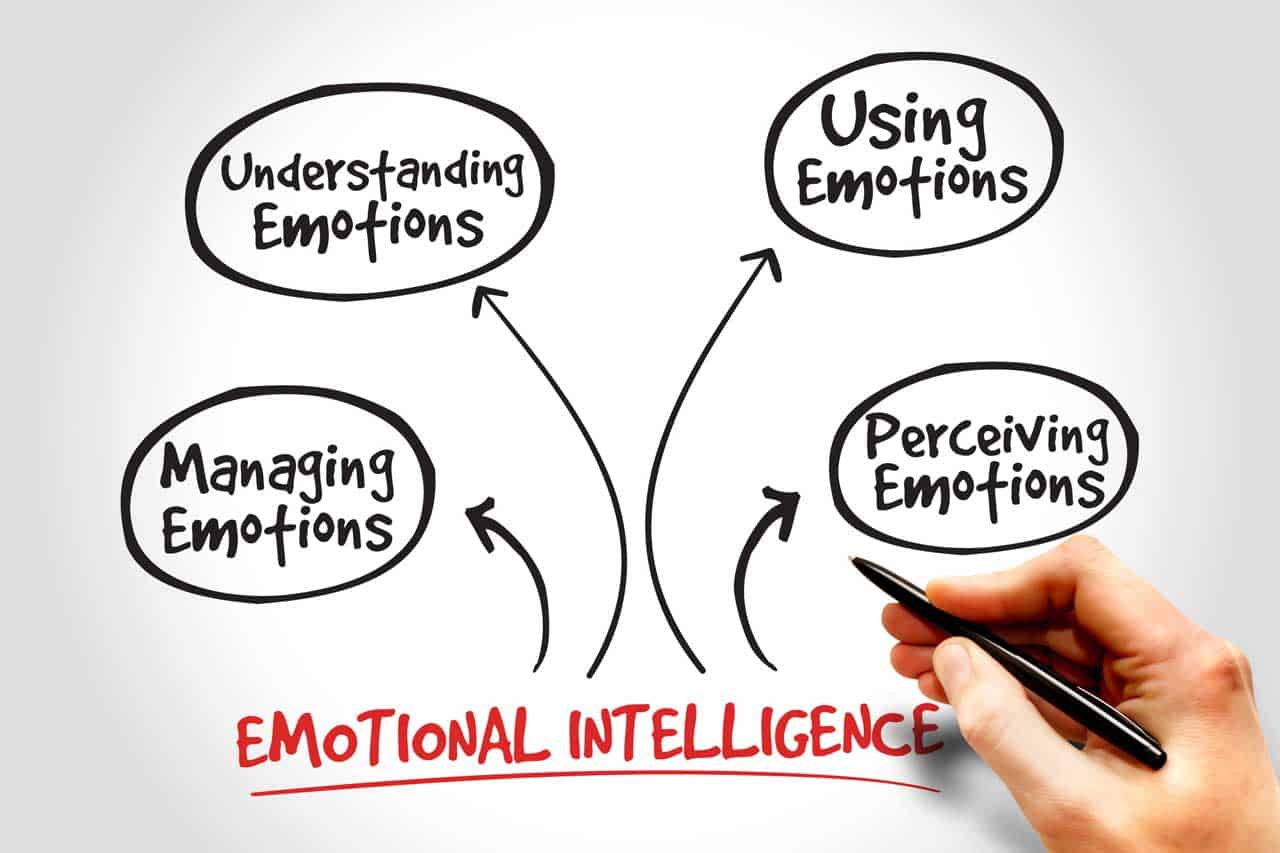
The Importance of Emotional Intelligence in Contact Centre Agents
In today’s fast-paced and customer-centric business environment the contact centre play a vital role in delivering exceptional customer service. While technical skills and product knowledge are essential for contact centre agents, emotional intelligence (EI) has emerged as a critical factor in ensuring customer satisfaction and building positive customer relationships. This article explores the significance of emotional intelligence in contact centre agents and its impact on overall performance.
Introduction
Contact centre agents are the frontline representatives of an organization, interacting directly with customers on a daily basis. Their ability to effectively handle customer queries, resolve issues, and provide empathetic support determines the overall customer experience. Emotional intelligence, often referred to as the “people skills” or “soft skills,” encompasses a range of abilities that enable individuals to recognize, understand, and manage their emotions and effectively navigate social interactions.
Definition of Emotional Intelligence
Emotional intelligence refers to the capacity to perceive, understand, and manage emotions, both in oneself and others. It involves a combination of self-awareness, self-regulation, empathy, and social skills. Individuals with high emotional intelligence can accurately identify their emotions, control impulsive reactions, empathize with others, and effectively communicate their feelings.
Role of Emotional Intelligence in Contact Centre Agents
Understanding and Managing Emotions
Contact centre agents often encounter emotionally charged situations while dealing with frustrated or upset customers. Emotional intelligence equips agents with the ability to recognize their own emotions and effectively manage them, ensuring that personal feelings do not interfere with professional interactions. This enables agents to respond calmly, defuse tense situations, and provide optimal customer service.
Empathy and Customer Service
Empathy is a key component of emotional intelligence. Contact centre agents who can empathize with customers can better understand their needs, concerns, and frustrations. By demonstrating empathy, agents can establish a rapport with customers, make them feel heard, and provide personalized solutions, ultimately enhancing customer satisfaction.
Conflict Resolution and Problem Solving
Emotional intelligence enables contact centre agents to handle conflicts and difficult situations effectively. Agents with high emotional intelligence can navigate conflicts by listening actively, understanding multiple perspectives, and finding mutually beneficial resolutions. They can also think critically and creatively to solve complex problems, improving overall customer service quality.
Stress Management and Resilience
Working in a contact centre can be demanding and stressful. Emotional intelligence helps agents cope with high-pressure situations and bounce back from setbacks. Agents who possess emotional resilience can stay composed, manage their stress levels, and maintain a positive attitude, leading to better job performance and customer interactions.
Building Positive Relationships:
Contact centre agents who possess emotional intelligence excel in building positive relationships with both customers and colleagues. They foster a supportive and collaborative work environment, leading to enhanced teamwork, higher employee morale, and improved customer experiences.
Effective Communication Skills
Effective communication is vital in the contact centre industry. Emotional intelligence enables agents to communicate clearly, listen actively, and adapt their communication style to different customers. By understanding the emotional cues of customers, agents can tailor their responses appropriately, leading to better comprehension and resolution of customer issues.
Improving Customer Satisfaction
Emotional intelligence directly impacts customer satisfaction. When contact centre agents possess high emotional intelligence, they can connect with customers on a deeper level, provide empathetic support, and exceed customer expectations. Satisfied customers are more likely to become loyal brand advocates, positively influencing the company’s reputation and bottom line.
Emotional Intelligence Training
Recognizing the importance of emotional intelligence in contact centre agents, many organizations now provide training programs to enhance these skills. Emotional intelligence training typically includes modules on self-awareness, emotional regulation, empathy development, conflict resolution, and effective communication. By investing in such training, companies can empower their agents to deliver exceptional customer experiences and foster a customer-centric culture.
Conclusion
In the rapidly evolving landscape of contact centre operations, emotional intelligence has become an indispensable skill for agents. By leveraging emotional intelligence, contact centre agents can manage their emotions, empathize with customers, resolve conflicts, and improve overall customer satisfaction. Organizations that prioritize emotional intelligence training and cultivate a supportive work environment will gain a competitive edge by delivering exceptional customer service and building lasting customer relationships.
FAQs
Q1: Can emotional intelligence be developed? Yes, emotional intelligence can be developed through self-reflection, practice, and training programs that focus on enhancing emotional awareness and social skills.
Q2: How does emotional intelligence affect team dynamics? Emotional intelligence contributes to better team dynamics by fostering effective communication, empathy, and conflict resolution, leading to improved collaboration and productivity.
Q3: Is emotional intelligence more important than technical skills for contact centre agents? While technical skills are essential, emotional intelligence is equally important for contact centre agents as it enables them to provide exceptional customer service and build positive customer relationships.
Q4: How can contact centre managers assess emotional intelligence in agents? Contact centre managers can assess emotional intelligence through behavioral interviews, observation of interactions, and using validated emotional intelligence assessments.
Q5: What are some strategies for improving emotional intelligence in contact centre agents? Strategies for improving emotional intelligence in contact centre agents include providing training programs, fostering a supportive work environment, promoting self-reflection, and encouraging continuous learning and development.


